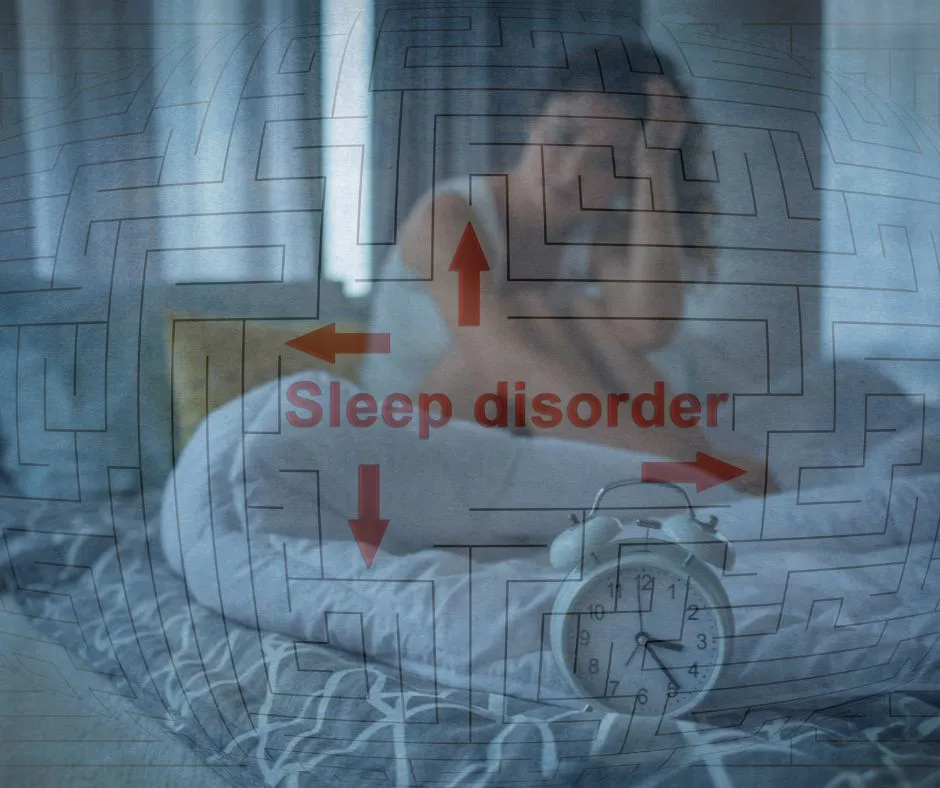Every day, we engage in various activities and habits that we might not realize can significantly impact our health. Many of these practices have become so ingrained in our daily routines that we may overlook their potential harm. It is crucial to be aware of these habits and make necessary adjustments to protect our physical and mental well-being. This article will discuss five standard habits that people might not realize negatively affect their health. We will offer tips and strategies for mitigating their potential harm.
Prolonged sitting and sedentary lifestyle
A sedentary lifestyle, characterized by prolonged periods of sitting and minimal physical activity, has become increasingly common in modern society. This inactive way of life links to numerous health risks, including obesity, heart disease, type 2 diabetes, and certain types of cancer. Some studies suggest that excessive sitting may be as harmful to our health as smoking.
To counter the effects of a sedentary lifestyle, Here are some tips to help you stay active throughout the day:
Take breaks every hour to stand up, stretch, and walk around.
Consider using a standing or adjustable-height desk to change your working posture periodically.
Incorporate regular exercise into your schedule, aiming for at least 150 minutes of moderate aerobic activity or 75 minutes of vigorous aerobic activity per week.
Opt for walking or biking instead of driving for short distances.
Engage in hobbies and activities that promote physical movement, such as gardening, dancing, or playing sports.
Excessive screen time and digital device use

The widespread use of digital devices, including smartphones, tablets, and computers, has increased screen time for most people. While these devices offer many conveniences and benefits, excessive screen exposure can negatively affect our health. Some potential issues include digital eye strain, sleep disturbances, and negative impacts on mental health.
To manage screen time and protect your eyes, consider the following strategies:
Implement the 20-20-20 rule: every 20 minutes, take a 20-second break and look at something 20 feet away. This habits can help reduce eye strain and fatigue.
Adjust screen brightness and contrast settings to minimize glare and eye strain.
Set limits on your digital device usage, particularly during leisure time, and find alternative activities that don’t involve screens.
Avoid using screens for at least an hour before bedtime to promote better sleep.
Use blue light-blocking glasses or screen filters to reduce exposure to blue light, which can interfere with sleep.
Insufficient sleep and poor sleep hygiene

Sleep is essential for overall health and well-being. Adequate sleep allows our bodies to repair and regenerate, supports cognitive function, and strengthens our immune systems. Unfortunately, many people experience sleep deprivation due to lifestyle choices or poor sleep hygiene. Chronic sleep deprivation can lead to increased stress, weakened immunity, impaired cognitive function, and an increased risk of developing chronic conditions such as obesity, diabetes, and cardiovascular disease.
Improving sleep quality requires a focus on sleep hygiene practices, which include:
Maintain a consistent sleep schedule, going to bed and waking up simultaneously every day, even on weekends.
Create a conducive sleep environment that is cool, dark, and quiet, with comfortable bedding and minimal distractions.
Avoid caffeine, nicotine, and alcohol for several hours before bedtime, as these substances can disrupt sleep.
Establish a relaxing pre-sleep routine, including reading, taking a warm bath, or practising relaxation techniques like deep breathing or meditation.
Steer clear of electronics and screens before bedtime, as they can interfere with the production of the melatonin hormone and make it harder to fall asleep.
Unhealthy diet and processed food consumption habit

The modern Western diet relies heavily on processed and convenience foods, which are typically high in unhealthy fats, sugars, and sodium. Consuming excessive amounts of processed foods can increase the risk of chronic diseases like heart disease, stroke, and type 2 diabetes. It can also lead to weight gain and nutrient deficiencies due to the lack of essential vitamins, minerals, and fibre in whole foods.
To adopt a healthier diet and reduce your reliance on processed foods, consider the following habits:
Prioritize whole, unprocessed foods like fruits, vegetables, whole grains, lean proteins, and healthy fats.
Practice portion control using smaller plates, avoiding eating straight from containers, and paying attention to hunger cues.
Cook meals at home more frequently, allowing you to control the ingredients and portion sizes.
Read nutrition labels to understand the content of packaged foods better and make informed choices.
Limit your consumption of added sugars, which can contribute to weight gain, inflammation, and chronic diseases.
Chronic stress and lack of stress management
Stress is a natural response to challenges and demands, but it can significantly affect our mental and physical health when it becomes chronic and unmanaged. Stress links to anxiety, depression, and increased risk of developing illnesses like heart disease, diabetes, and gastrointestinal issues. It can also weaken the immune system, making it harder for the body to fight infections and diseases.
To manage stress effectively, consider implementing the following strategies:
Engage in mindfulness practices, such as meditation, deep breathing, or yoga, which help reduce stress and improve overall well-being.
Make regular exercise a part of your routine, as physical activity has proven to have stress-relieving benefits.
Foster social connections and spend time with friends and family, as strong social support can help buffer against the adverse effects of stress.
Set aside time for self-care and relaxation, engaging in activities you enjoy that rejuvenate your mind and body.
Seek professional help if stress becomes overwhelming or you’re struggling to cope with its impact on your life.
Conclusion
It’s crucial to be aware of the seemingly harmless habit that could silently affect your health. By recognizing the potential dangers of prolonged sitting, excessive screen time, insufficient sleep, an unhealthy diet, and chronic stress, you can mitigate their impact and adopt healthier habits. Don’t hesitate to seek professional guidance or support if you need help making changes in your life. Prioritizing your health and well-being is an investment that will pay off in the long run, ensuring a happier and more fulfilling life.

